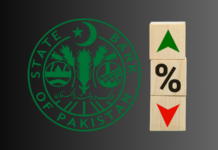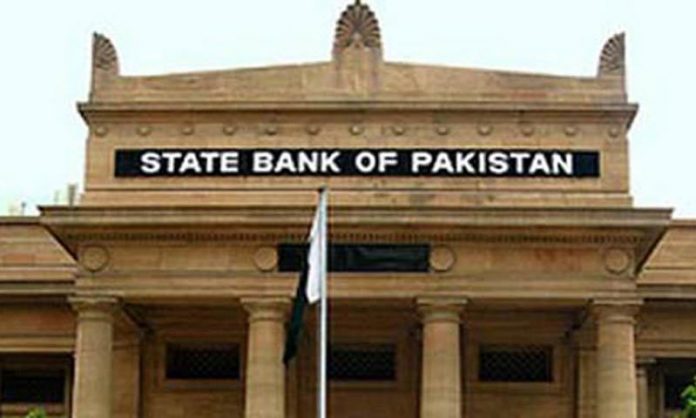The State Bank of Pakistan (SBP) on Monday has made amendments to R-1 (Large Exposure Limit) of prudential regulations for corporate and commercial banks. A circular issued by the SBP stated that the aggregate amount of large exposures of a bank or development finance institution (DFI) cannot be in excess of 50pc of its total fund-based and non-fund-based exposure in finance facilities and investments, excluding investments in government securities and loans secured against government guarantees. It went onto add that large exposure limits do not apply to investments in government securities and loans secured against government guarantees.
Back in 2014, SBP had made amendments whereby the aggregate amount of large exposures of a bank/DFI could not exceed 50pc of its “total gross” advances and investments, excluding investments in government securities and loans secured against government guarantees.
According to the circular, the aggregate large exposure limit of 50pc will not be applicable to banks with less than 10 branches operating in the country.
Banks and DFIs currently non-complaint are required to become compliant within nine months from the issuance of the SBP’s circular. Such banks and DFIs will present time-bound compliance plan to boards of directors within the next three months.
Banks had been declaring profits despite poor performance of the economy for the last decade or so primarily due to their massive investments in government papers which comprised of over 88pc of their total investments. Heavy investment in government papers adversely affects the private sector as banks do not expose themselves to risk in the presence of risk-free options.
More recently, banks have been struggling to make high profits in the presence of low-interest rates and heavy retirement of government bonds. This has forced banks to increase their exposure to the private sector.
According to the data released by the SBP last week, private sector borrowing from banks accounts to Rs407b during the first 10 months of 2016-17. The high exposure of banks to the private sector is likely to be a reason that could have forced SBP to caution banks.

























